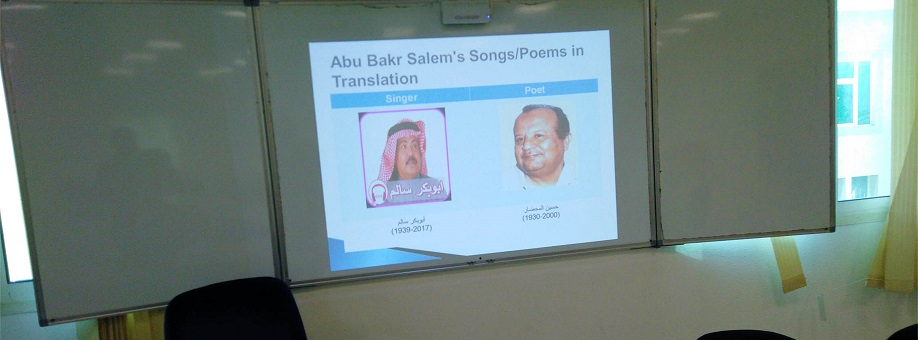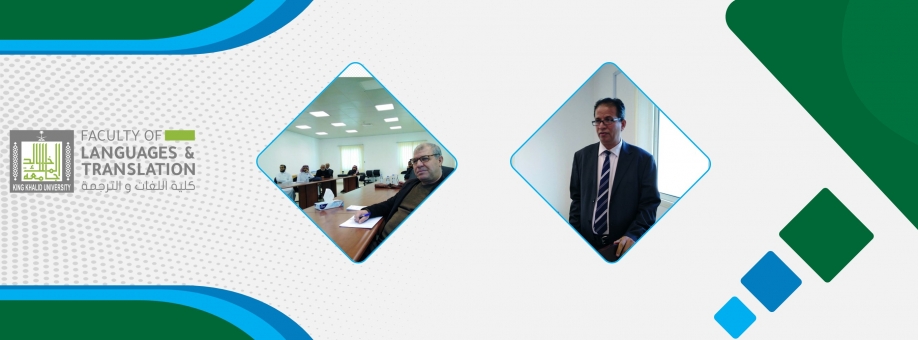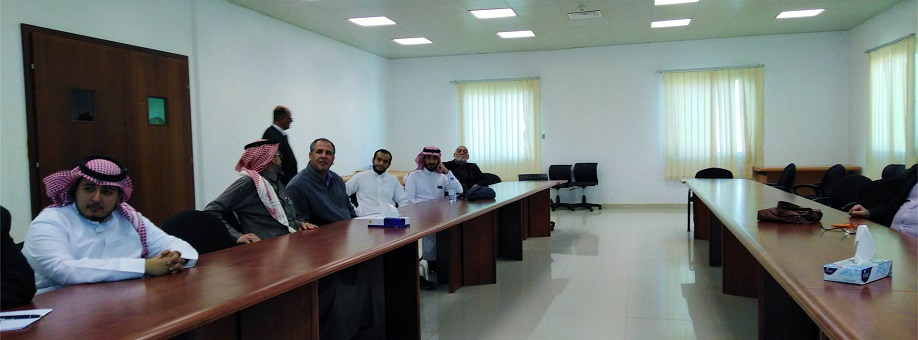Areas and Themes in Translation Studies: A Lantern Shone into the Dark Maze of Tunnels, Excavated by Translation Students and Researchers
The Language Research Center organized a webinar on March 24, 2021. The webinar presenter was Dr. Eyhab Bader Eddin, who conducted a workshop for those interested in research in the field of translation and, in particular, the students of translation studies. The title of the presentation was "Areas and Themes in Translation Studies: A Lantern Shone into the Dark Maze of Tunnels, Excavated by Translation Students and Researchers".
Dr. Eyhab began his session by highlighting why doing research in the field of translation studies is hard. Research in translation studies, an area which, because of its interdisciplinary nature, can present the inexperienced researcher with a bewildering array of topics, he stated. The major purpose of such research, he added, is to make a contribution to the field in several ways.
Dr. Eyhab stated different ways to contribute to the field of translation studies such as by providing new data, suggesting an answer to a specific question, testing or refining an existing hypothesis, theory or methodology, proposing a new idea, hypothesis, theory or methodology. He also specified the major factors that launch the drive for conducting research in translation studies. The factors, he stated, are a piqued sense of natural curiosity, a need to obtain a further qualification, a general desire for personal development, and areas of interest.
At the beginning of the research, he said, a researcher may be excited, but he or she may discover that someone else has already conducted the same research in the same area. Another upsetting thing about the research may be the lack of feasibility. To address this problem, Dr. Eyhab recommended that a researcher should ascertain the current state of research in the field, which involves a lot of reading.
The purpose of such research, Dr. Eyhab said, is to add the sum of knowledge. Therefore, re-inventing the wheel is a waste of time. A piece of research does not take place in a vacuum, but it relates to what has gone before. In this case, the literature review is essential.
He highlighted an overview of some research areas relevant to translation studies as follows:
A. Text Analysis
B. Translation Quality Assessment
C. Genre Translation
D. Multimedia Translation, known as audio-visual translation, and is further broken down into dubbing and subtitling.
E. Evaluating Software
F. Interpreting
The webinar was an informative one with the active participation of the faculty members, MA and Ph.D. Students from both male and female campuses.
To view a recording of the webinar, please click here.
Date: 3/25/2021
Source: Mohammad Adil Siddique



